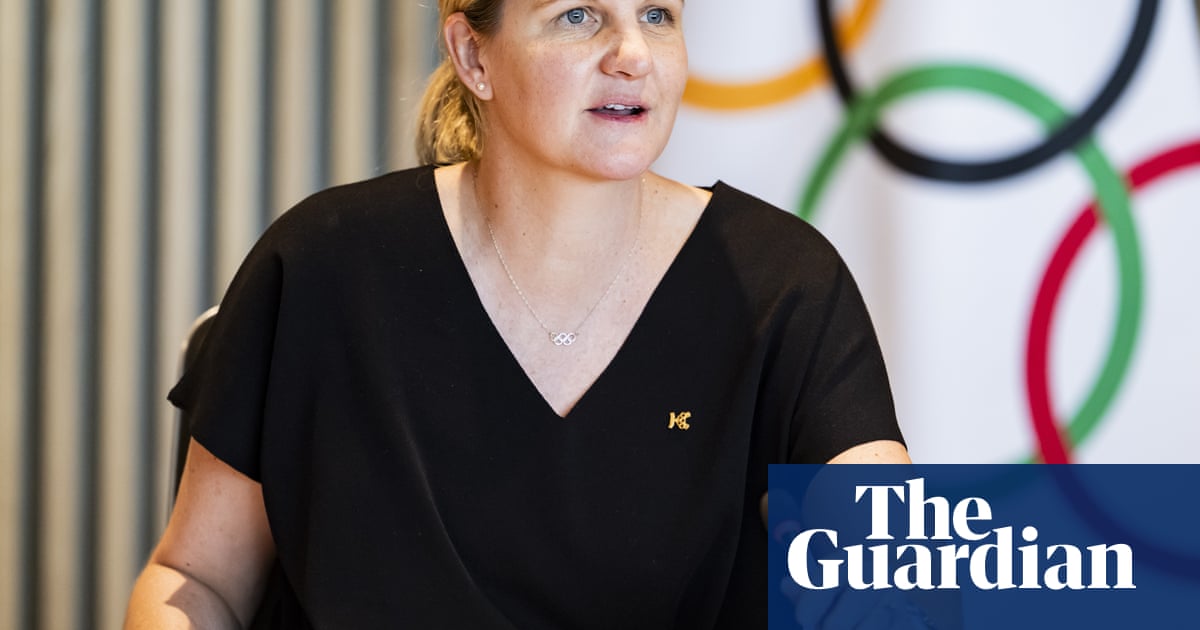Kirsty Coventry has said there is now “overwhelming support” amongInternational Olympic Committeemembers to protect the female category in a significant shift in its gender eligibility policy.
Coventry, who was chairing her first meetings as theIOC’s new president, said that a taskforce of scientists and international federations would be set up within weeks to come up with a new policy.
It follows the controversy around theParis 2024 boxing tournamentafter two athletes – Imane Khelif and Lin Yu-Ting – won gold medals despite having been disqualified from the previous year’s World Championships for allegedly failing to meet gender eligibility criteria.
World Boxing, which has since been recognised by the IOC as the sport’s international federation, has introduced mandatory sex testing and said Khelif would not be able to compete in the female category until she undergoes the test. Khelif has always insisted she was born a woman, has lived as a woman and has competed as a woman.
The IOC faced criticism for its handling of the row in Paris and for a perceived failure to lead on this issue more widely. Coventry indicated that the IOC would not revisit the allocation of medals from Paris and said the organisation wanted to “look forward” and not back.
Announcing the shift in policy, Coventry said: “There was overwhelming support that we should protect the female category. And with that, we will set up a working group made up of experts and international federations.
“It was agreed by the members that the IOC should take a leading role in this,” she added. “And that we should be the ones to bring together the experts and the international federations and ensure that we find consensus.
“We understand that there will be differences depending on the sports. But it was fully agreed that as members that, as the IOC, we should make the effort to place emphasis on protection of the female category.”
Coventry’s remarks followed two days of “Pause and Reflect” workshops in Lausanne, where the new IOC president spoke to members about their concerns and how to push the organisation forward.
Sign up toThe Recap
The best of our sports journalism from the past seven days and a heads-up on the weekend’s action
after newsletter promotion
“It was very clear from the members that we have to protect the female category, first and foremost,” she said. “We have to do that to ensure fairness. And we have to do it with a scientific approach. And with the inclusion of the international federations who have done a lot of work in that area.”
The new policy is expected to ban transgender and athletes with a difference of sex development from competing in the female category. However Coventry was clear there would be no changes to results of previous Olympics.
“We are not going to be doing anything retrospectively,” she said. “We are going to be looking forward. From the members that were here, it was ‘what are we learning from the past and how are we going to leverage that and move that forward to the future’.”
